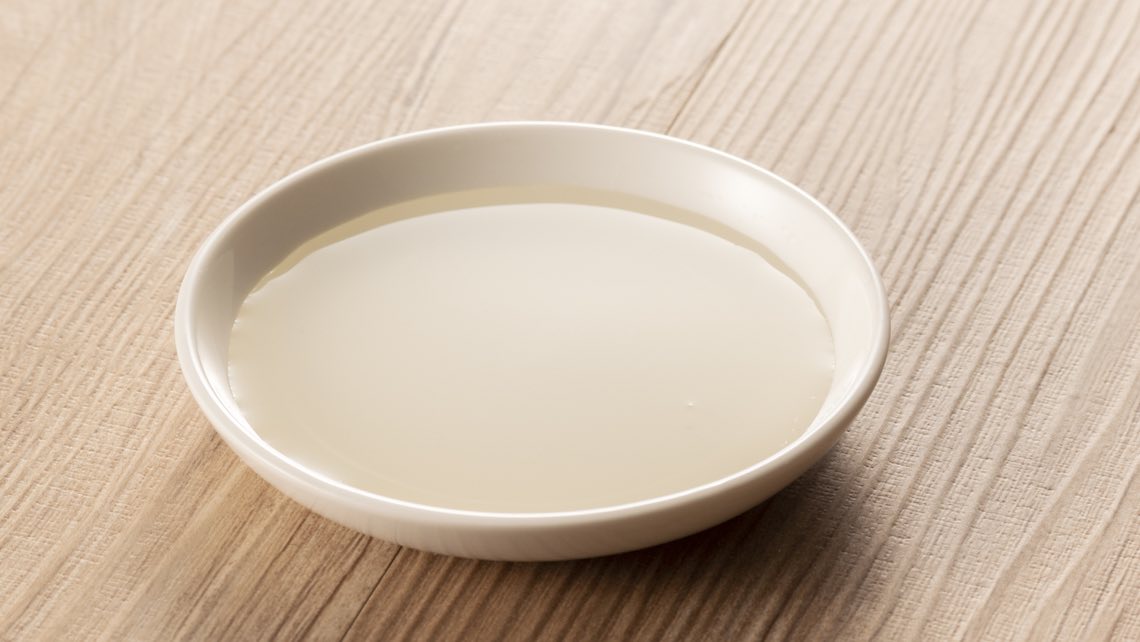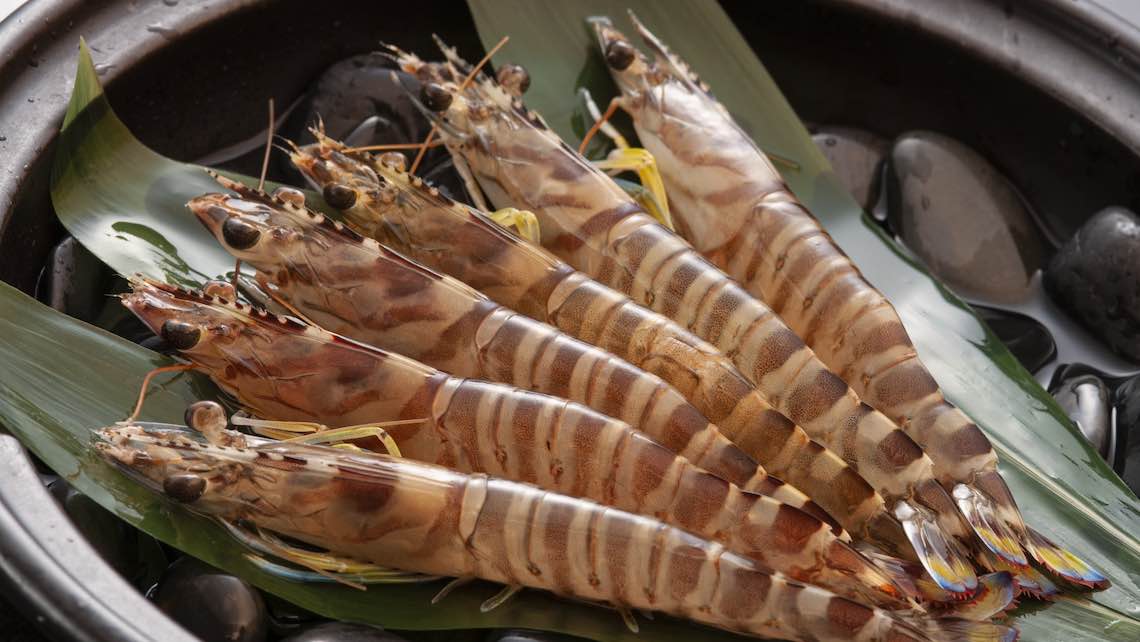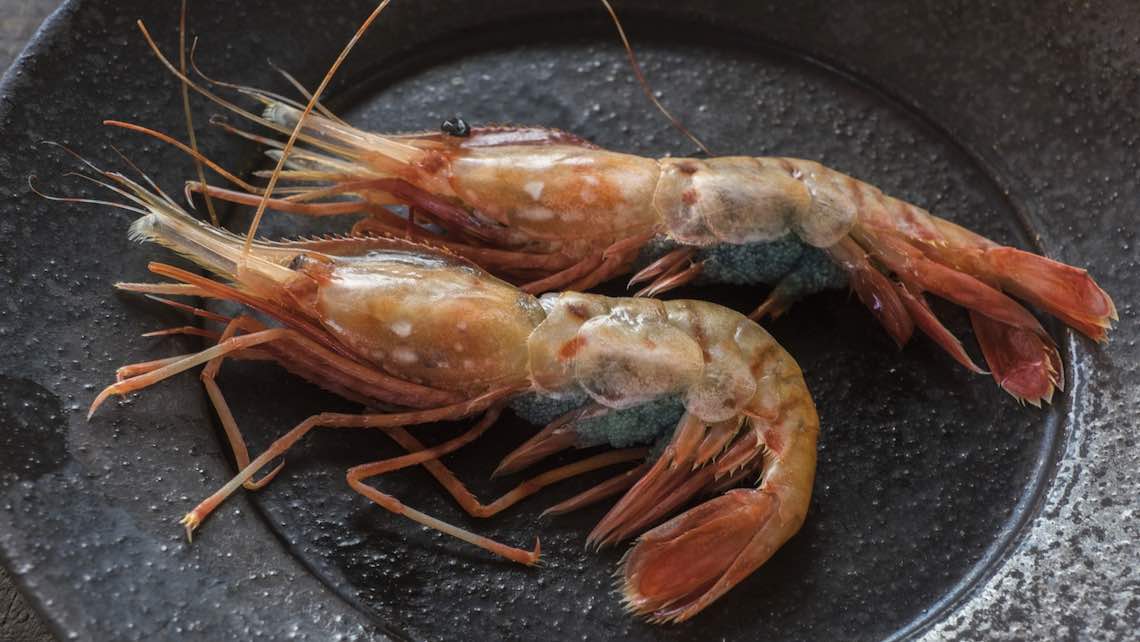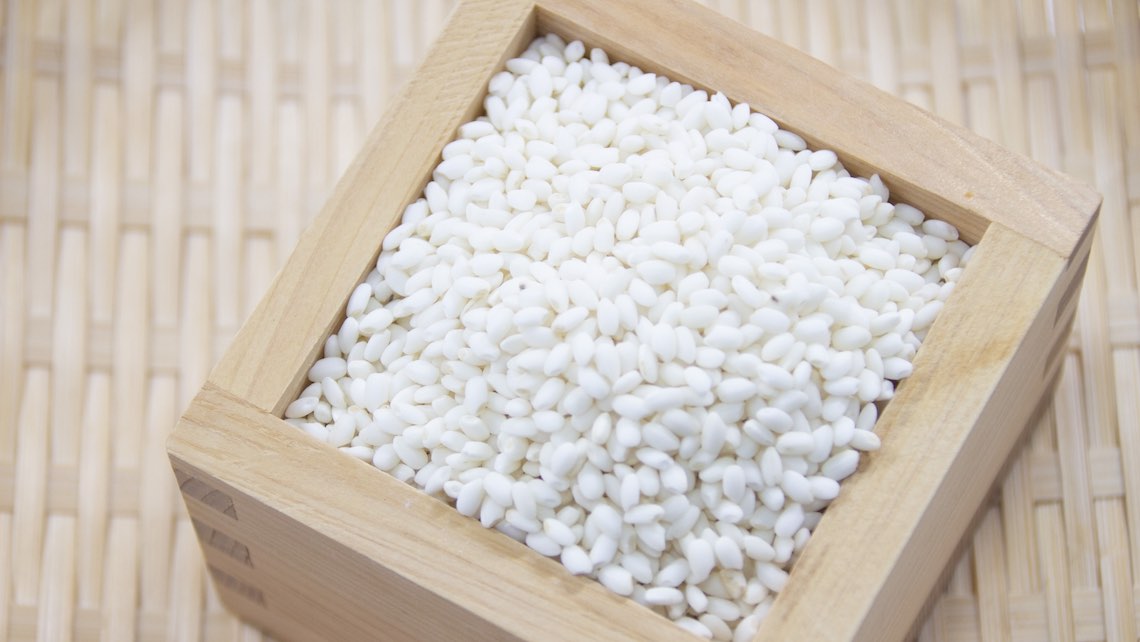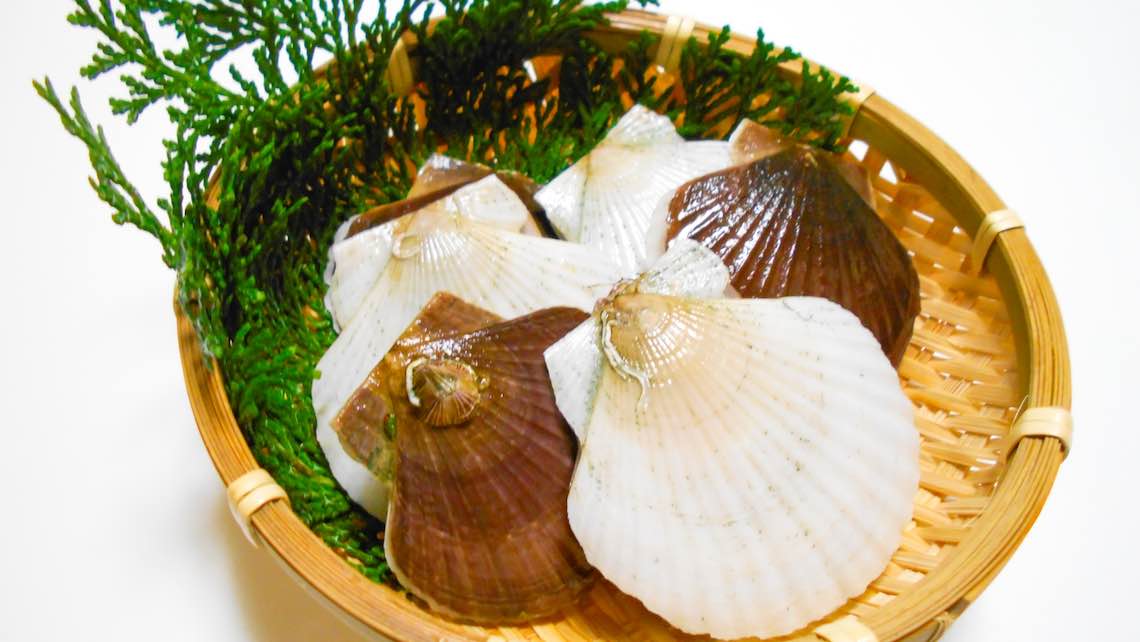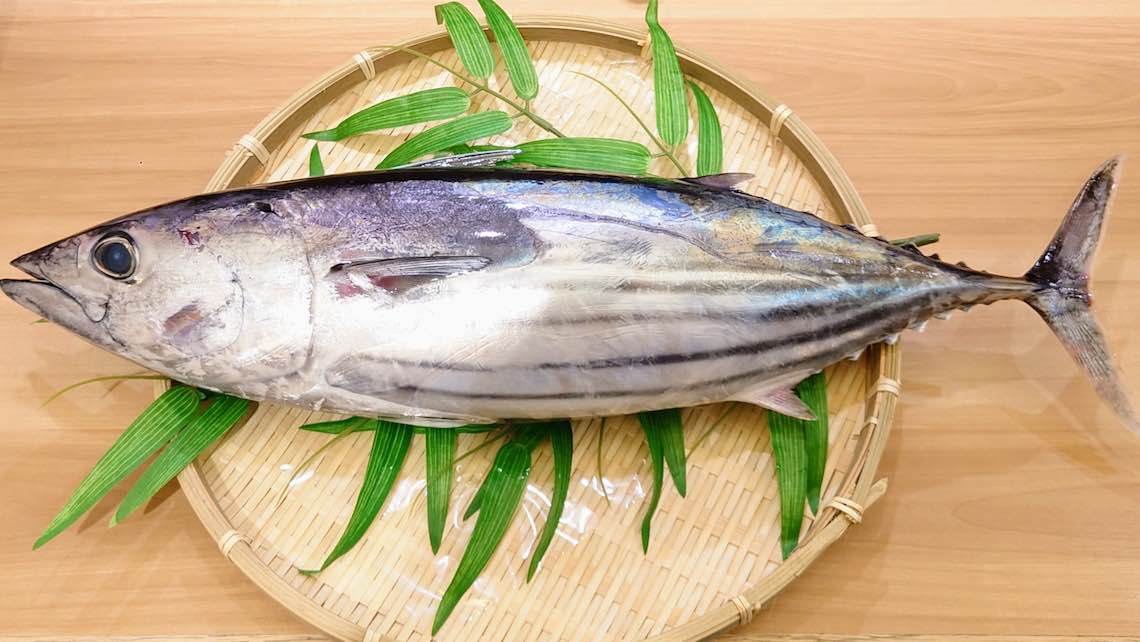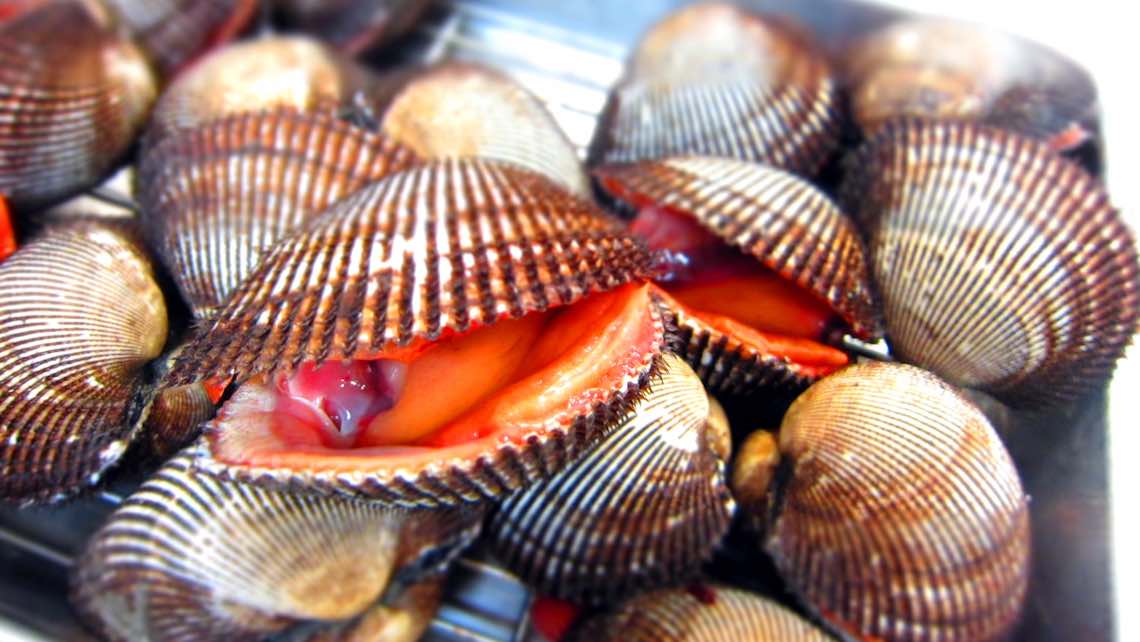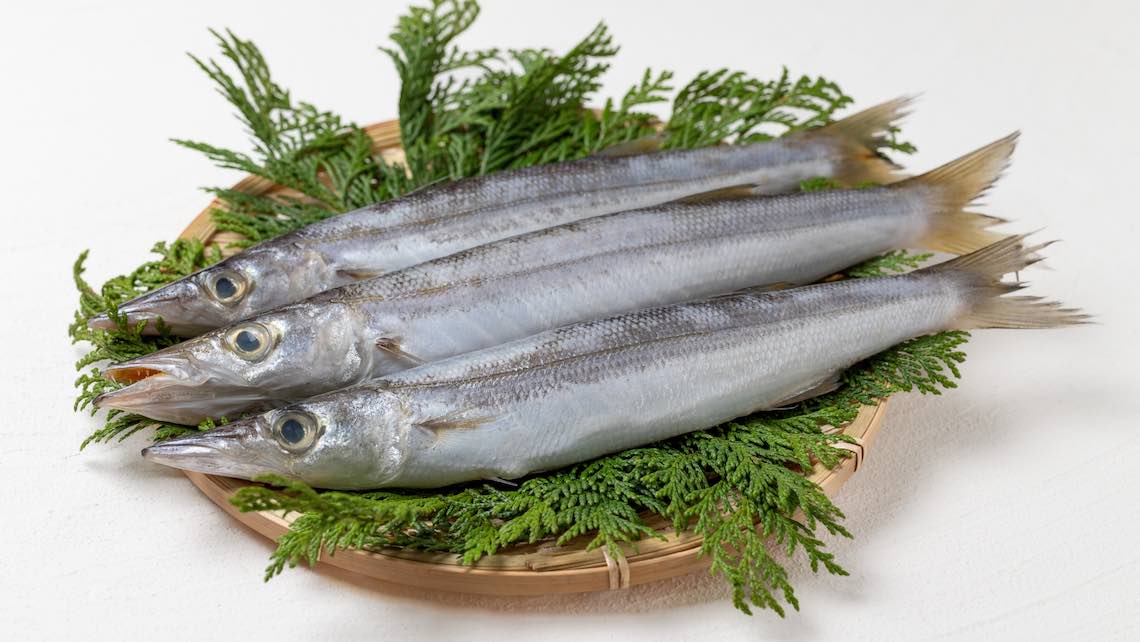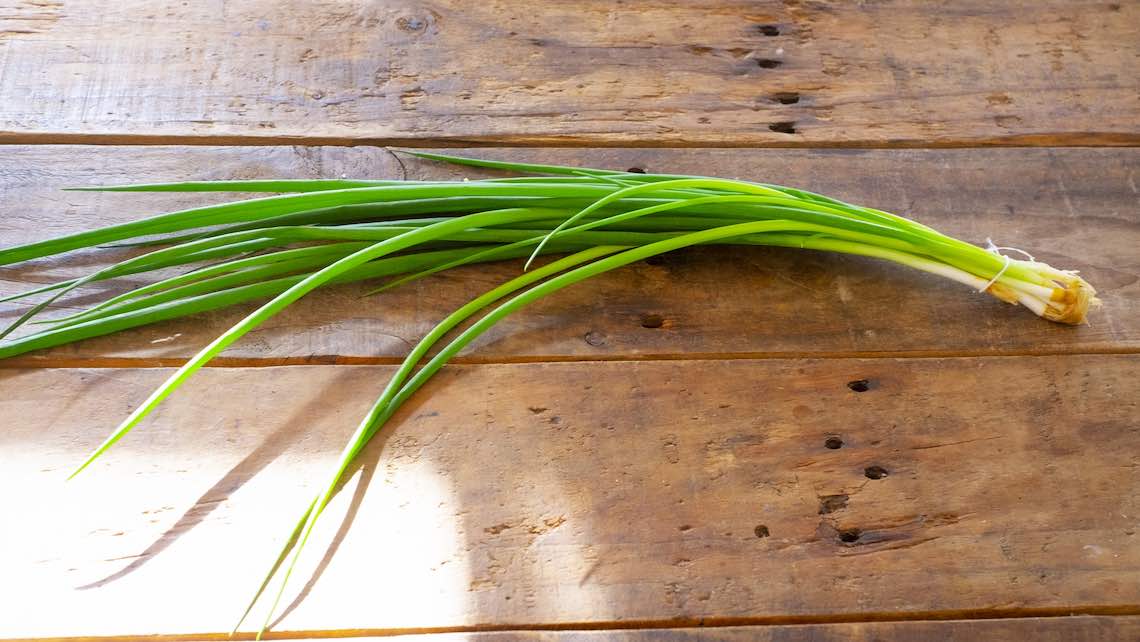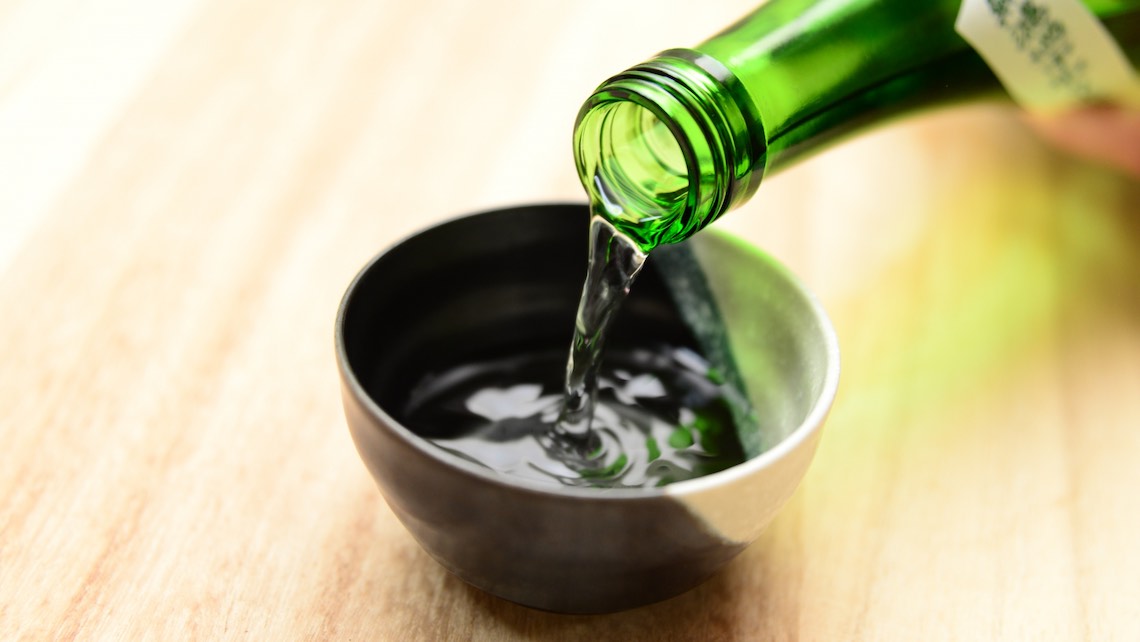Water

Japanese Name and Pronunciation:

[mizu]
The Importance of Water in Japanese Cuisine
Water is the lifeblood of Japanese cuisine, playing a fundamental role in the creation of its diverse dishes. The unique qualities of Japan’s water have given rise to distinct culinary traditions. Even the essential dashi, the flavorful broth at the heart of Japanese cooking, varies across different regions, with ingredients like kombu (kelp) or katsuobushi (dried bonito flakes) chosen to complement the local water’s characteristics.
Water’s significance goes beyond its hardness or softness. It encompasses a multitude of components that contribute to its overall nature, beyond just calcium and magnesium levels. The delicate balance of various minerals and elements determines the unique character of the water. Chefs and cooks in Japan understand this, carefully selecting water sources to bring out authentic flavors in their cuisine.
In Japanese culinary culture, water is revered as a precious resource that reflects the environment and heritage of each region. It is believed to carry the essence of the land and infuse dishes with a sense of place. From the simplicity of sushi to the complexity of miso soup, the quality of water used in cooking directly influences the final taste and authenticity of Japanese cuisine.
In essence, water’s importance in Japanese cuisine lies not only in its ability to nourish and transform ingredients, but also in its ability to preserve tradition, regional identity, and the intricate balance of flavors that make Japanese food truly exceptional.

